In Phenomenon Based Learning (PhenoBL) and teaching, holistic real-world phenomena provide the starting point for learning. The phenomena are studied as complete entities, in their real context, and the information and skills related to them are studied by crossing the boundaries between subjects. Phenomena are holistic topics like human, European Union, media and technology, water or energy.The starting point differs from the traditional school culture divided into subjects, where the things studied are often split into relatively small, separate parts (decontextualisation).
Learn more / En savoir plus / Mehr erfahren:
http://www.scoop.it/t/21st-century-learning-and-teaching/?tag=Finland
Via Gust MEES



 Your new post is loading...
Your new post is loading...



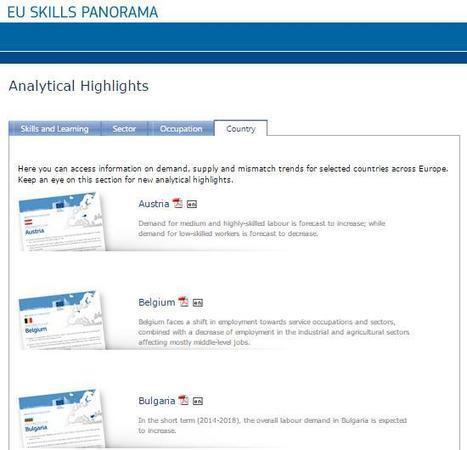


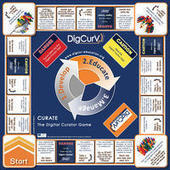
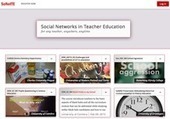
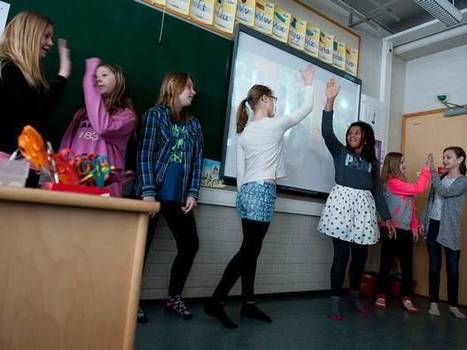



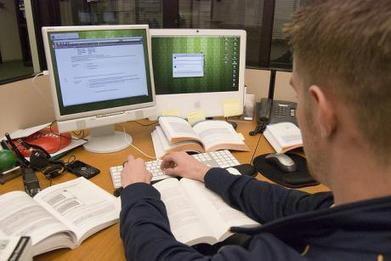
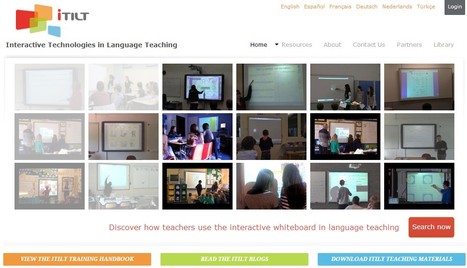






In Phenomenon Based Learning (PhenoBL) and teaching, holistic real-world phenomena provide the starting point for learning. The phenomena are studied as complete entities, in their real context, and the information and skills related to them are studied by crossing the boundaries between subjects. Phenomena are holistic topics like human, European Union, media and technology, water or energy.The starting point differs from the traditional school culture divided into subjects, where the things studied are often split into relatively small, separate parts (decontextualisation).
Learn more / En savoir plus / Mehr erfahren:
http://www.scoop.it/t/21st-century-learning-and-teaching/?tag=Finland
http://www.scoop.it/t/21st-century-learning-and-teaching/?tag=Phenomenon+Based+Learning